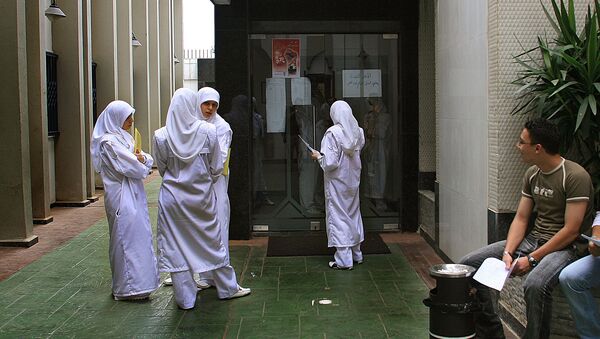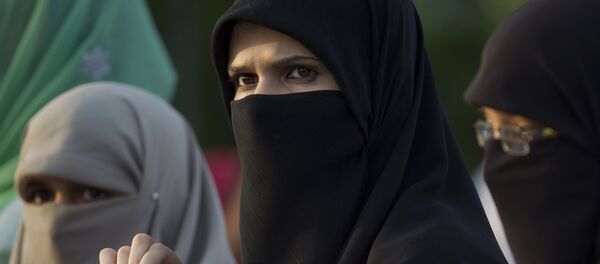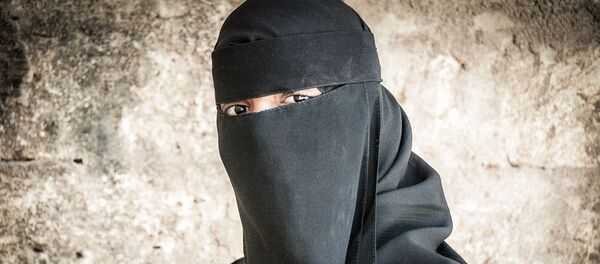"We cannot deny nurses the right to wear the hijab. However, the niqab and the burka are not acceptable as work attire for nurses," council leader Elisabeth Kjølsrud told Norwegian newspaper Aftenposten.
The hijab was previously seen as acceptable for hospital staff, who want it for religious reasons. For instance, Oslo University Hospital (OUS) has long had hijabs as part of tailor-made uniforms for Muslim personnel, and in 2013 a new design was introduced. According to present-day regulations, private hijabs are unsuitable in the workplace for hygienic reasons.
"We believe it important that patients' wishes are taken seriously with all the dilemmas it brings forth. The key will be to safeguard patients' interests, while allowing staff with different cultural backgrounds to gain patients' trust," Kjølsrud said.
The Council lacks exact figures on how many attendants wear the hijab at Norwegian hospitals, but Kjølsrud assured that there are both medical professionals and accountants among hijab-wearers.
Conversely, the niqab and the burka, which are both solid attire that covers the face, were deemed as unacceptable in healthcare.
"It's about respect for the patient's dignity. If the nurse were to wear a burka or a niqab, the patients would not know who they were communicating with. Eighty percent of our communication is non-verbal. Also, such garments can cause insecurity among patients who are vulnerable," Kjølsrud said, citing hygienic challenges.
"There are unsurprising numbers. We live in an era in which citizens across Europe have reverted to a time when domestic values, religion, traditions and culture are becoming increasingly important, and where minorities are pushed aside," Njål Høstmælingen, a human rights expert at the International Law and Policy Institute (ILPI) told Dagbladet.
Religious historian Kari Vogt pointed out the fact that the use of the niqab is marginal, even in the Muslim world, with effective niqab bans existing in Egypt, Turkey and South East Asia. At the same time, she argued that the ban may have the opposite effect, prompting many Muslims to use the garment out of principle.
#Morocco bans production and sale of #burqas: reportshttps://t.co/Fks0Y8ixIj #niqab #Muslimveil #hijab
— Arab News (@Arab_News) January 10, 2017
Leyla Hasic, a Norwegian Muslim who outspokenly promotes the use of the niqab using social media, recorded a satirical video to illustrate the dangers of a comprehensive ban. In the video, Hasic scrubs the floor in her apartment bragging how nice it is to have some exercise, implying that she would be unable to attend gyms in case of a niqab ban.





